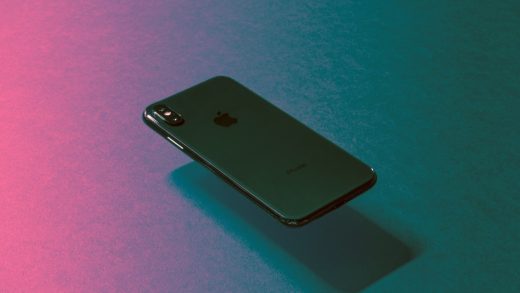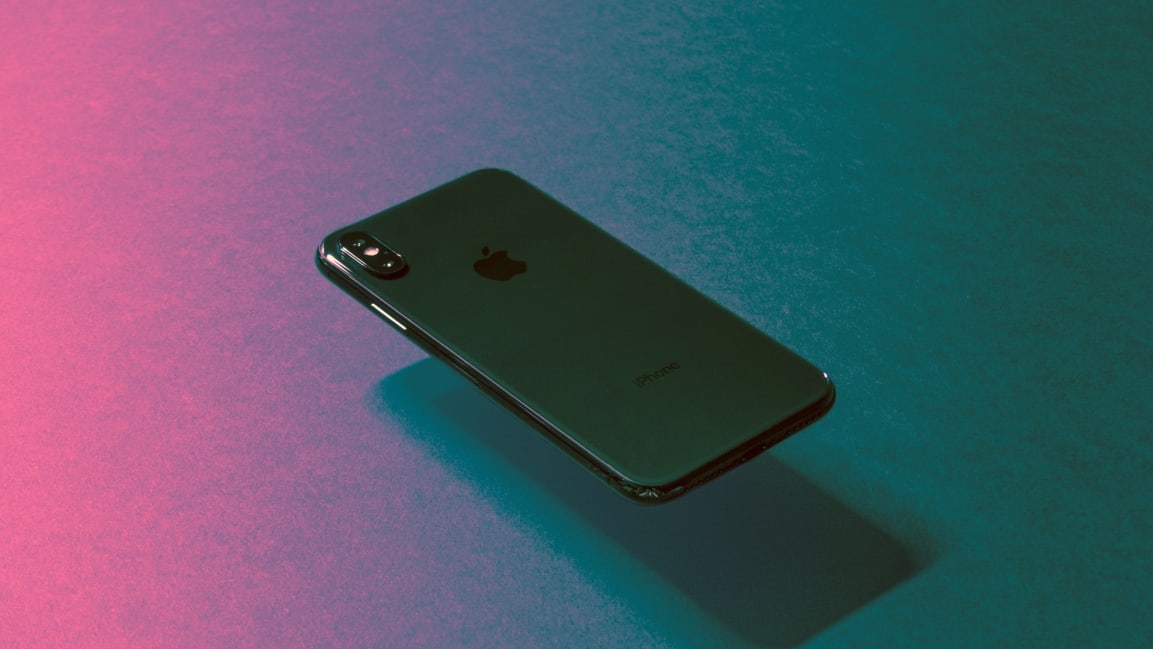Apple snuck an awesome privacy feature into iOS 13 and no one noticed
When Apple unveiled iOS 13 earlier this week, the company focused a lot on user privacy. Perhaps the biggest new privacy feature coming to iOS 13 is the company’s “Sign in with Apple” single sign-on. Yet the company also unveiled other new privacy features like end-to-end encrypted home security camera storage and improved protections against apps always knowing your location.
However, it’s now confirmed that Apple is also fixing a long-standing privacy issue that not only affects users but everyone they know, reports TechCrunch. In iOS 13, now when an app requests access to the user’s contacts, the app developer will not get access to the notes filed in the Contacts app. This is a massive privacy improvement and something I’ve long argued Apple needs to implement. As I wrote back in April:
The biggest privacy flaw on iPhones and Macs–and also Windows PCs and Android phones–comes from the Contacts and Address Book apps on those platforms.
Most contacts apps–including the ones in MacOS and iOS–allow you to store not only names, addresses, emails, phone numbers, and birth dates of your contacts, but also notes. Unfortunately, many people store sensitive and personal information about their contacts there. Parents might store a child’s Social Security number, for example, on the contact card for that kid.
Unfortunately, information written in these notes fields is stored in plain text, meaning anyone who gets access to your contacts can read the notes–whether they get access to your contact with or without your approval. And the problem is, many people grant apps on MacOS and iOS access to their contacts without thinking. When we grant an app access to our contacts, that app gets everything from the contact card–notes included.
Apple needs to shut this down.
And now Apple has, reports TechCrunch:
At Apple’s Worldwide Developer Conference this week, the company announced that would no longer be the case. The Notes field, Apple said, could include potentially sensitive details like sneaky comments about the boss. In reality, many users’ Notes field may have contained much worse than that. The company explained that most apps have no need to request this private Notes data, so this change won’t impact them. However, if an app developer does believe it has a valid reason for accessing the Notes field, they’ll be able to file a request for an exception.
It’s the little privacy enhancements like this that show just how seriously Apple takes protecting your data and another reason why I believe privacy is one of Apple’s best products.
(27)



